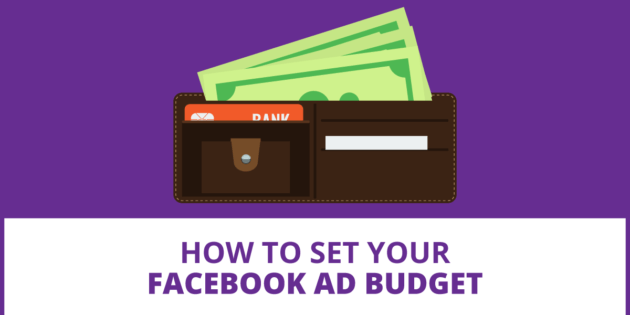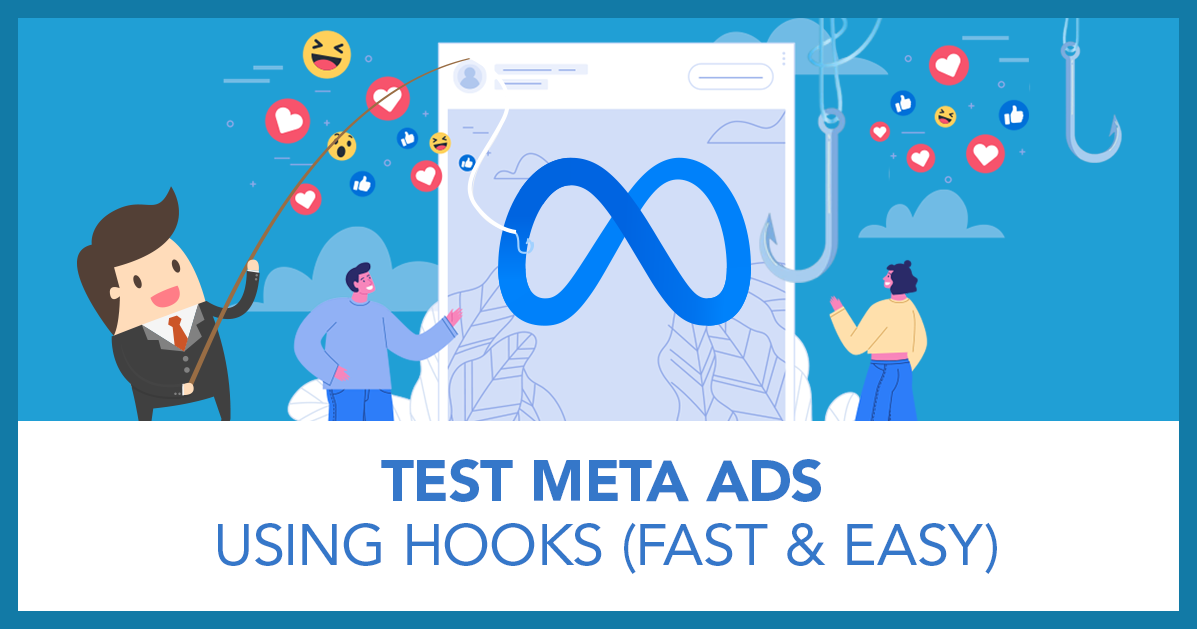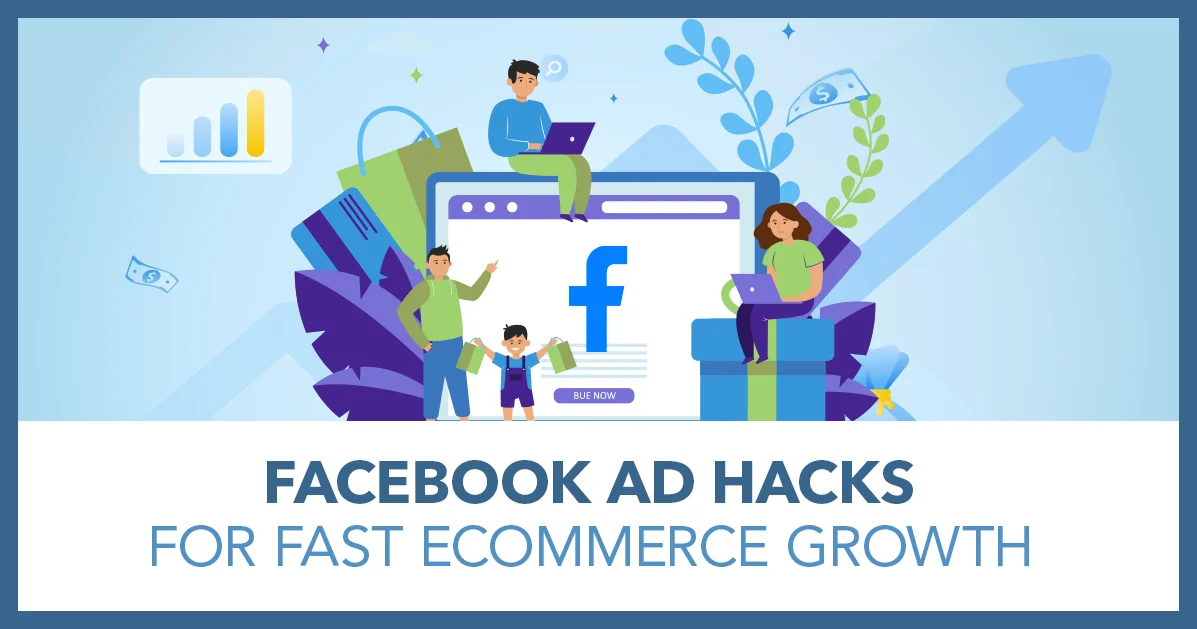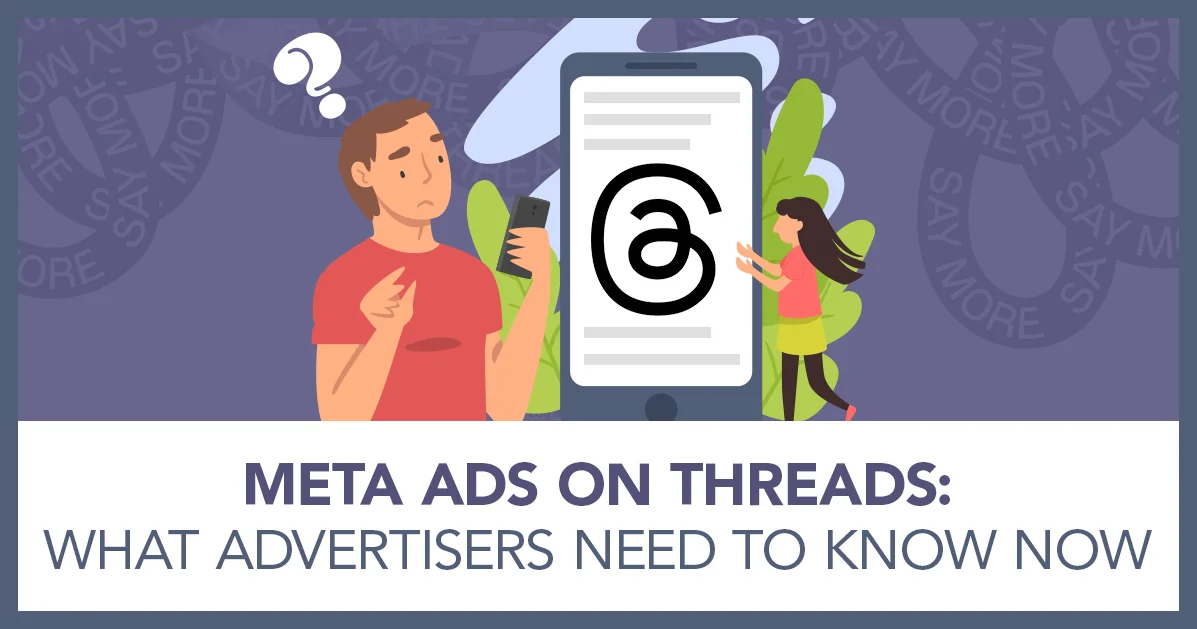
How To Set A Facebook Ad Budget For Your Business
There are many ways to approach this and you can definitely find differing advice online. But here’s how I approach the scary Facebook ad budget question for our business and what I recommend my clients do as well.
In fact, this will work for any online advertising, it’s not limited to Facebook.
But before I go into detail, I need to make sure you have the right attitude towards ad expenditure.
Expense vs Investment
Financial statements would have us believe that it’s an expense.
And if you think like that, it’s hard to justify putting any real skin in the game.
But I want you to see it as an investment, because that completely changes the conversation.
I think most of you reading this would agree with me.
But the majority of people don’t act like they do.
Here’s a statement that would make my accountant’s head explode…
The goal with Facebook advertising is to spend as much as you possibly can.

I know that sounds crazy, but think about it…
Unless you hate money, you’re only going to increase your ad budget if your Facebook ad campaigns are profitable.
Profitable!
That’s the key here.
If you had a magic machine that produced £10 notes every time you put in £1 coin…
Would you put in £200 or £300 a month, and say that will do for now?
No of course not, you would put £1 coins into that machine all day, everyday until it broke down.
And it’s by no means easy, but a finely tuned Facebook ad campaign can act as a magic machine. You put money in and it spits out leads and sales.
For one of our clients, we’re running a Facebook ad campaign that produces over £60 of revenue for every £1 they invest.
They started with a Facebook ad budget of just £200. Now they spend thousands every month.
Ok, with that out of the way, let’s work out how much you should expect to invest.
How to Calculate Your Facebook Ad Budget
This process if easier to explain if we use an example. Let’s assume we’re advertising free consultations for a local service business.
And we’ll also assume that they convert 1 in 5 leads into customer, so they have a 20% conversion rate.
So we know they need 5 leads to generate 1 customer.
But how much are they willing to pay to acquire a customer?
Customer Acquisition Cost
This is a number that you have to know. I speak to a lot of business owners that don’t, and it means they never truly know how well their marketing is performing.
Of course it is dependent on a number of factors including: average lifetime customer value, your margin, how labour intensive your service is, etc.
But let’s say that for our example company, the average lifetime customer value is £1,000, of which £250 is billed up front.
With these numbers, most small business owners will ignore lifetime customer value and just see the £250.
And because of that, they’ll most likely conclude that they can afford to spend no more than £50 or so to acquire a customer.
This is short sighted.
I think this business should be happy to pay closer to £250 to acquire that customer.
Please do not follow this blindly.
With a customer acquisition cost this high, this company will make a loss upfront. So they would need to have the cash to do this and healthy enough margins for this to work…
But this is exactly how a lot of successful businesses operate, and it allows them to pay more to acquire customers than their competition. Which can be very profitable in the long run.
A simple bit of maths tells us that if they’re willing to pay £250 to acquire a customer and they convert 1 in 5, then they’re willing to pay up to £50 per lead.
Lead/Sales Objectives
To calculate their starting monthly ad budget we also need to know how many new customers they want each month.
This obviously varies massively between industries and businesses. One of our clients is delighted with just one new customer each month. Whereas others need 20+.
For this example we’ll say they want 3 new clients per month.
That means they need to generate 15 new leads per month.
Therefore, their Facebook ad budget should be :
Maximum cost per lead (£50) x target number of leads (15) = £750.
Of course if they can generate leads for less than £50 they can reduce their ad budget accordingly. Or enjoy the extra leads and extra business that comes in.
Start Small
This business doesn’t need to start with £750 per month.
They could start with £250 per month, prove that they can generate leads for an acceptable cost and then look to scale.
Facebook campaigns rarely perform well right out of the gate. Facebook and advertisers need time to generate data and then optimise campaigns.
So whilst you’re experimenting, why not start with a Facebook ad budget that you can afford to lose.
Don’t Pull the Plug Too Early
Making the calculations above is fairly simple.
But here’s where a lot of people go wrong…
Let’s say our example business launches a new Facebook advertising campaign, and it doesn’t generate a high quality lead after they’ve spent £50.
They stop the campaign and come to the conclusion that Facebook advertising doesn’t work.
I can understand why business owners and marketers do this…
But here’s why they’re wrong…
When you first launch a Facebook ad campaign, you should just be testing the strategy.
It doesn’t need to deliver profitable leads from day 1, you just want to prove that it can actually generate leads.
Continuing with our example, if £600 generates 8 leads in the first month (£75 per lead), it’s not time to throw in the towel.

An initial cost per lead of £75 is perfectly acceptable…
Because after they’ve split tested ads, keywords, targeting options, the landing page on their website, etc.
I’d expect them to have cost per lead comfortably below £50.
Whenever I test a new Facebook ad strategy for my business, I’ll spend many times what I’m willing to pay per lead, with no results, before we go back to the drawing board.
Of course, it is possible to launch a Facebook ad campaign that generates leads very profitably from day 1, and we do it for our clients all the time…
But you shouldn’t be discouraged if everything isn’t perfect right from the start.
Like most things, you need to stay in the game long enough to win it.
[feature_box style=”10″ only_advanced=”There%20are%20no%20title%20options%20for%20the%20choosen%20style” alignment=”center”]
IMPORTANT: If you haven’t yet seen my FREE training on Facebook Ads Strategy, I’d strongly recommend you check it out right now:
3 Killer Facebook Ads Strategies To Double (Or More!) Your Revenue!
If you want outstanding results from your Facebook Ad campaigns – this is a must watch!
[/feature_box]
Your Turn
What was your starting Facebook ad budget? Was it too much or too little?
Let me know in the comments below.






Sorry, the comment form is closed at this time.